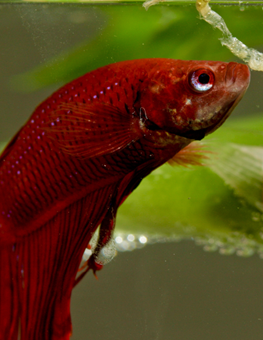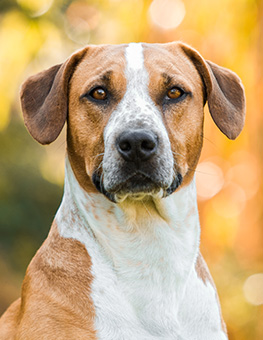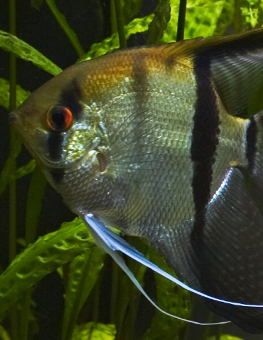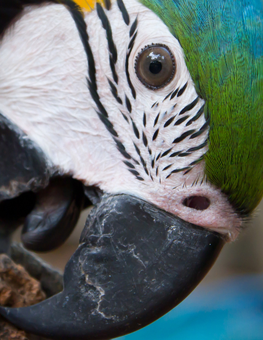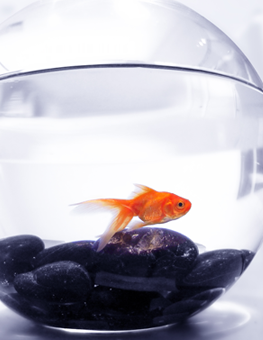Foods Reptiles Should Avoid
Seemingly invincible, even these creatures have to watch what they eat.
Feeding Carnivorous Reptiles
Feeding your reptile live animals can be dangerous for many reasons:
- Bacteria are common in live meat — particularly in the bodies of rodents.
- Pre-killed food that has been stored in a freezer for 30 days is the safest, healthiest food.
- Placing a live rodent in your reptile's cage/tank has the potential to physically harm your pet. Your reptile is not in its natural habitat and therefore isn’t actively hunting or camouflaging himself.
- With live feed, you are leaving your pet open to scratches and bites from his prey.
Feeding herbivorous reptiles
- Iceberg lettuce should be avoided since it has little nutritional content.
- Dark, leafy greens are the best for herbivores.
- Avoid kale, spinach, broccoli, cabbage, and romaine lettuce, however, because these greens contain an ingredient that prevents reptiles from absorbing calcium properly.
Feeding insectivorous and omnivorous reptiles
- Insectivores. Avoid spiders, ticks, centipedes, millipedes, scorpions, and fireflies. Fireflies are especially toxic because they contain a self-defense toxin called lucibufagin, which is extremely poisonous to reptiles. One firefly can kill a small reptile. If your reptile is not native to the area you live in, your local insects may not be safe to eat. Check with your veterinarian before feeding him native bugs.
- Omnivores. Since omnivores eat both plants and animals, simply follow the suggestions for both carnivores and herbivores.
Most reptiles require a very specific and monitored diet. Be sure to research your particular pet type and discuss any questions with your veterinarian prior to feeding your animal.




